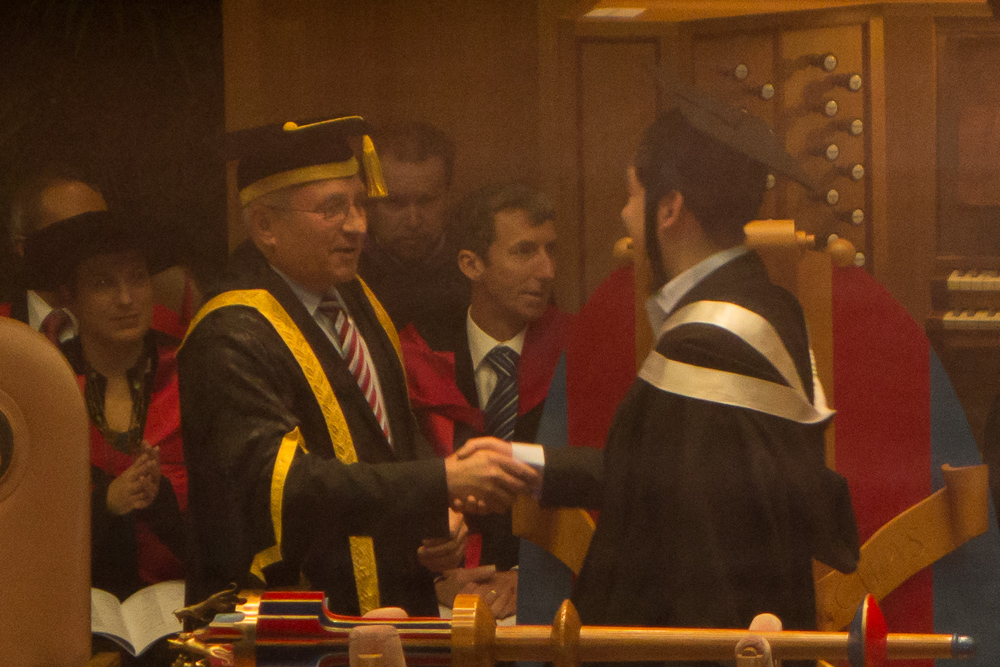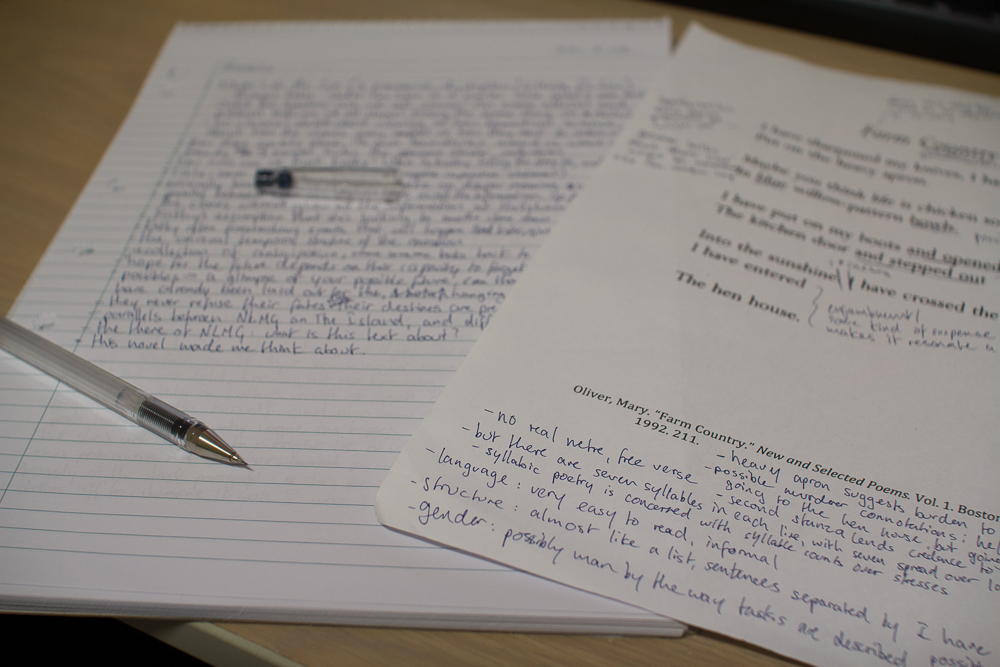
I promise you, this is a photo of me shaking the hand of the Dean at my graduation ceremony, not just a noisy, slightly out-of-focus shot of people in some funny hats. But it’s that too, of course.
On the 10th of August this year, at approximately 11:20 AM, I graduated.
It took me four and a half years to do it — when it probably should have taken just three — but it’s done, and honestly, I’m kind of glad it’s over.
When people asked me how uni was going, I almost always said “OK”, or “alright”. Never “fantastic”, “great”, or even “good”, but just “fine”, or “not bad”. I told others that I didn’t mind uni, but the truth is that I just liked the uni lifestyle; being able to do basically nothing for weeks on end was pretty great, right up until the point where I hadn’t started an assignment that was due in the next 72 hours.
Back in high school I was pretty adamant I wanted to go to uni after finishing year 12. Others in my grade weren’t so sure: some wanted to do apprenticeships, and others still wanted to do TAFE, or have a gap year before getting back into study. Of course, there were people like me who wanted to go to uni straight after finishing year 12, but those that wanted to jump straight into uni without taking a break were in the minority, I feel.
Looking back at my time at uni, there’s a bunch of stuff I would rather forget. I’m ashamed to admit I failed more than a few classes due to sheer laziness on my part, and repeated multiple classes because I pulled stunts like not going to to the final exam. Mostly when I knew I wasn’t passing internally, but still. I’m keenly aware of the fact that if I was just a little motivated, or procrastinated just a little less, then I might have been able to complete my degree in maybe three and a half years, instead of the four and a half it took me.
It was around the end of my forth year when one particular individual asked me what I was doing at uni and how it was all going. This one time, I didn’t say that it was fine or good, but I said something along the lines of “it’s different to what I expected”, or “I’m not enjoying it as much as I thought I would”. It wasn’t intended to be a negative comment, but it just kind of came out that way. He seemed to sympathise, and said a degree was something that was good to have “under your belt”, so I should soldier on and keep at it.
I must have taken those words to heart, because that’s what I did.

